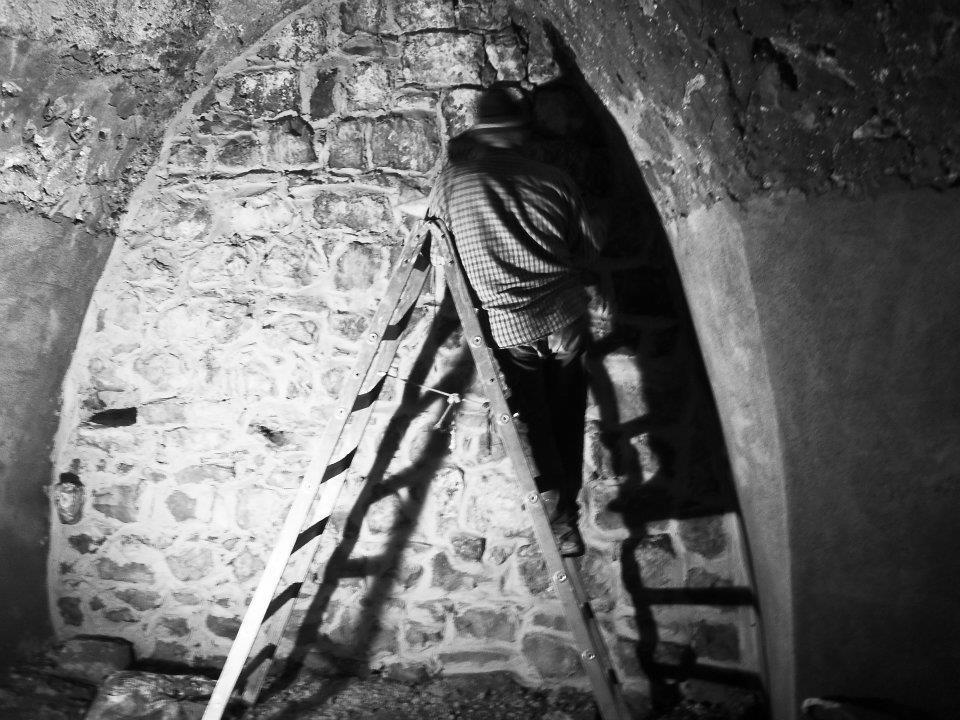Tag: Burin
-
Burin: Yitzhar settlers leave the mark of violence
by Veronica 10 February 2012 | International Solidarity Movement, West Bank On Thursday 9 February at about 10pm, a house in the village of Burin near Nablus was attacked by settlers. Approximately 50 armed settlers approached a house near the edge of the village and threw stones and rocks at the inhabitants, shouting at them…
-
Planting hope and natural resistance in Burin
by Jonas Weber 4 February 2012 | International Solidarity Movement, West Bank On the 4th of February International Solidarity Movement (ISM) and The Ecumenical Accompaniment Programme in Palestine and Israel (EAPPI) attended the replanting of 50 olive trees on the hillsides above the village of Burin, outside of Nablus. The planting went without disturbances from the surrounding…
-
Call for urgent financial support for youth center in Burin near Nablus
by Lydia 12 January 2012 | Burin: Land of Love and Resistance As some of you may know, I have spent the past half-year in and close to the village of Burin in the Nablus area. Those who have visited this beautiful village know that Burin is situated between two settlement. It is also surrounded…


